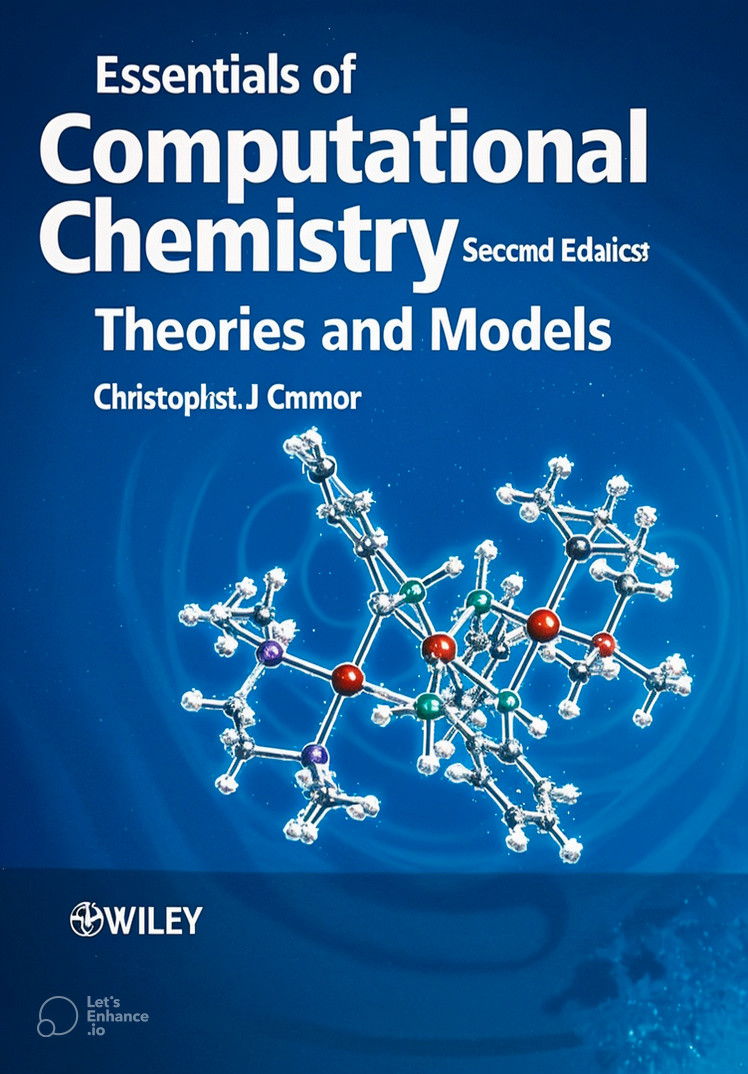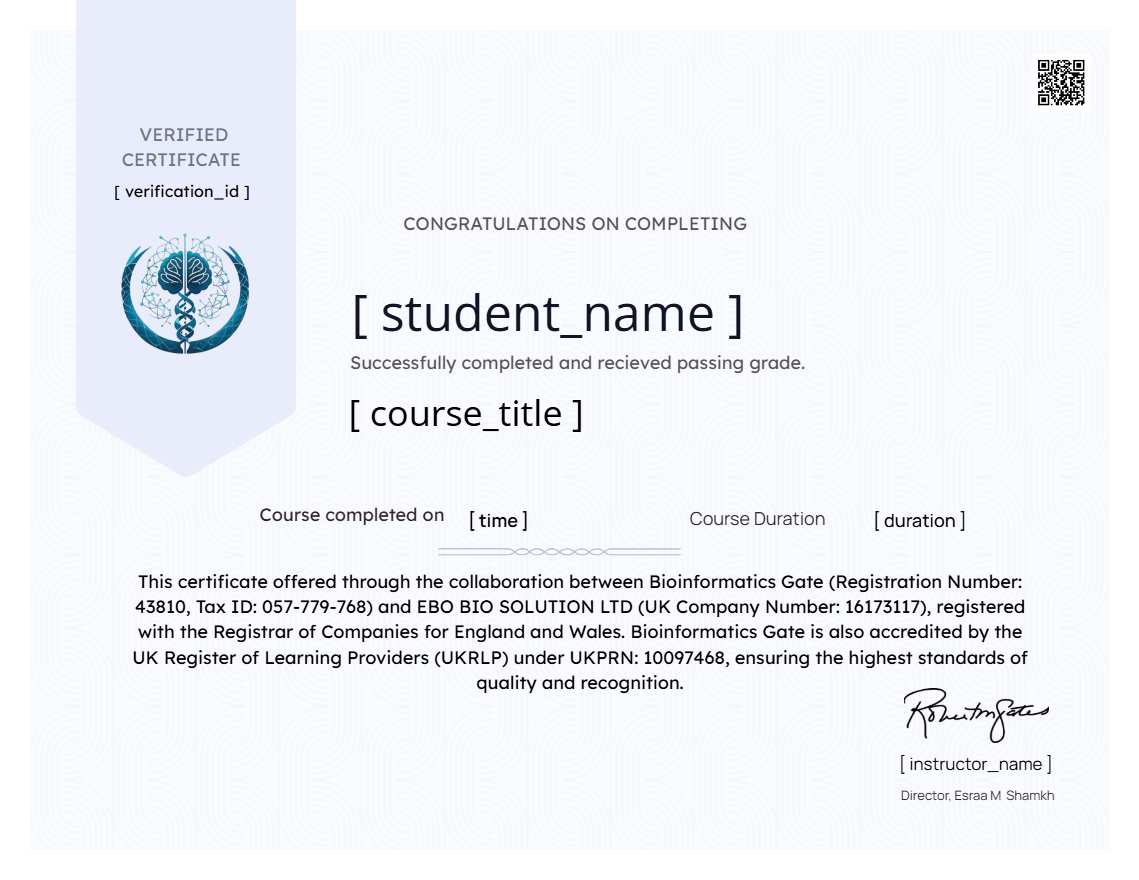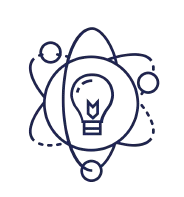Essentials of Computational Chemistry: Theories and Models | Book Club |

About Course
Description
This book provides a comprehensive introduction to the theories and models used in computational chemistry. It covers essential topics such as quantum mechanics, molecular mechanics, and molecular dynamics, offering practical insights into how computational methods are applied in chemical research. The book is a valuable resource for students, researchers, and professionals seeking to understand the fundamentals of computational chemistry.
Implementation Plan for the Book Club Over Two Months
1. Book Selection
-
Book: Essentials of Computational Chemistry: Theories and Models.
-
Level: Intermediate to Advanced.
-
Total Chapters: 12 (approximate).
2. Chapter Division
-
The book will be divided into 8 parts (one part per week).
-
Each week, members will read 1-2 chapters depending on the length and complexity.
3. Weekly Schedule
-
Week 1: Chapter 1 (Introduction to Computational Chemistry) + Chapter 2 (Quantum Mechanics Basics).
-
Week 2: Chapter 3 (Molecular Mechanics) + Chapter 4 (Force Fields).
-
Week 3: Chapter 5 (Molecular Dynamics) + Chapter 6 (Monte Carlo Simulations).
-
Week 4: Chapter 7 (Electronic Structure Methods) + Chapter 8 (Density Functional Theory).
-
Week 5: Chapter 9 (Molecular Orbital Theory) + Chapter 10 (Spectroscopic Properties).
-
Week 6: Chapter 11 (Case Studies in Computational Chemistry) + Chapter 12 (Conclusion and Future Directions).
-
Week 7: Review and Recap of Key Concepts.
-
Week 8: Final Discussion and Evaluation.
4. Weekly Meetings
-
Duration: 1-2 hours per meeting.
-
Agenda:
-
Discuss the assigned chapters.
-
Explain complex concepts with the help of an instructor.
-
Answer members’ questions.
-
Open discussion on ideas presented in the chapters.
-
-
Use interactive tools like presentations or videos to enhance understanding.
5. Interactive Activities
-
Workshops: Organize practical workshops on using computational chemistry tools (e.g., molecular dynamics software).
-
Side Discussions: Create a Facebook or WhatsApp group for discussions outside meetings.
-
Weekly Challenges: For example, writing a summary of the week’s chapters or analyzing a small dataset.
6. Final Evaluation
-
At the end of the two months, conduct a final evaluation:
-
Survey to assess the reading and meeting experience.
-
General discussion session about the book as a whole.
-
Members share their personal evaluation of the book and what they learned.
-
Course Content
Essentials of Computational Chemistry: Theories and Models | Book Club
Earn a certificate
Bioinformatics Gate: Accredited in Egypt & UK. Certificates registered with Company House UK & UKRLP. Join us

Student Ratings & Reviews

